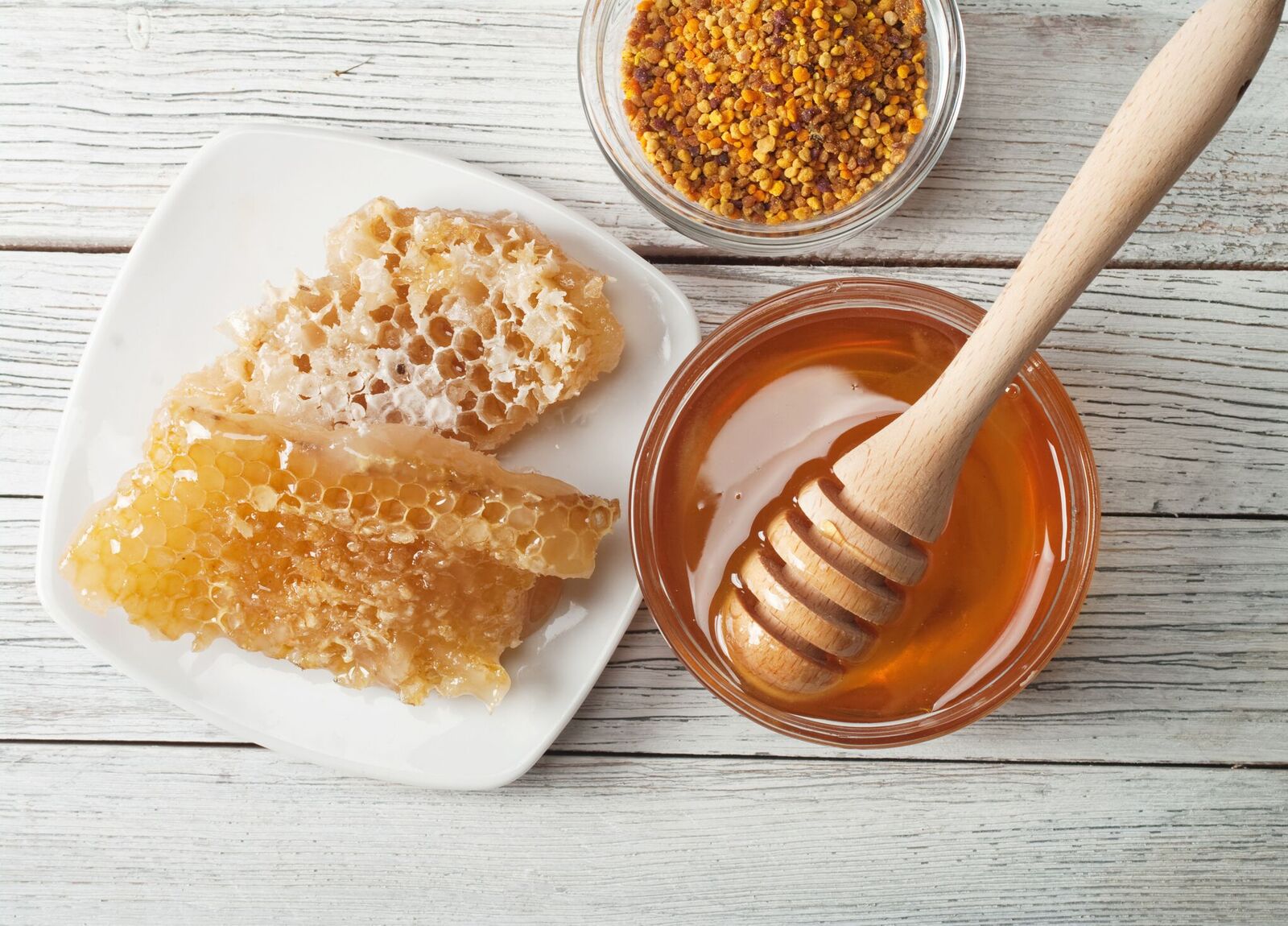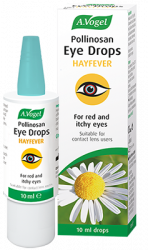What causes hayfever?
It is estimated that hayfever affects as many as 1 in 4 people in the UK with symptoms ranging from a runny nose to skin rashes. The problem occurs when the immune system over reacts to contact with pollen as instead of ignoring it as would normally be the case, histamine is released. This chemical is behind the symptoms I’ve just mentioned, as well as a whole host of others.
We regularly see headlines claiming to have found a cure for this frustrating condition but is there any truth to the suggestions?
Claim: the pollen pill
When hayfever symptoms are severe, some patients are given the option to try immunotherapy. Over a period of time the individual is given pollen injections with the hope that the immune system will eventually build up a tolerance to it.
A group of researchers at Imperial College London and the Royal Brompton Hospital built on this theory by creating a pill version. The medication contained freeze-dried pollen that, by consuming regularly, it was hoped the body could eventually become resistant to.1

Does it work?
Well, the only down side to the freeze-dried pollen pill is that in order for it to be effective long-term, it must be taken every single day for three years – researchers found that even taking it for two years did not bring the same long-lasting effects.2 Also, the pill is only available to those with a very severe pollen allergy as otherwise it won’t be worthwhile. So, the research suggests that the pollen pill could help those with hayfever, just don’t rely on it for a quick fix!
Claim: local honey
Another claim that often gets batted about is that a regular dose of local honey could reduce your hayfever symptoms. This is thought to contain traces of local pollen and so by eating it regularly, you could build up some immunity.

Does it work?
The jury is still out on whether or not this one works! Some studies have indicated that honey has no impact whatsoever on hayfever symptoms3 whilst other have been more positive, suggesting that, when eaten in large quantities, local honey could reduce the severity of the condition.4 So, unfortunately there’s no firm conclusion on this one!
Claim: bee pollen
As bees fly from plant to plant, pollen collects on their bodies. This pollen contains a mix of vitamins and minerals including iron, zinc and B vitamins and so it has often been touted as a superfood. How might it help if you have hayfever though?
Well, bee pollen is also known to boost the immune system and so the theory is that consuming it regularly could help fight the damaging effects of histamine.
 Does it work?
Does it work?
Bee pollen is readily available in health food stores and for an extra health boost it can be incorporated into a variety of snacks including smoothies and yogurts. Nevertheless, this is one thing to avoid if you have hayfever because, unsurprisingly, the high content of pollen has the potential to bring on your symptoms rather than relieve them. Also, if you have an allergy to grass, trees or weeds, you have an increased chance of being allergic to bee pollen as well.5
Bee pollen is most useful if you have a cold or flu to give your immune system a quick boost but if you have hayfever, in my opinion there are too many possible side effects to make taking this product worthwhile.
Further advice
I’ve scrutinized the various claims about curing hayfever but what else can you do to address the problem?
- Skin cream – when it lands on the skin pollen can cause irritation, itchiness and even skin rashes so to soothe these problems, you could turn to a natural remedy such us our Neem Cream.

- Antihistamines – these are often prescribed by doctors for hayfever sufferers as they block the release of histamine and in doing so can reduce symptoms
- Nasal spray – nasal problems are a common problem for those with hayfever and in this case our Pollinosan Luffa Nasal Spray may prove useful. It cleanses the nose of pollen which soothes the area and restores moisture to it.
- Pollen count – here at A.Vogel we have a pollen count for over 30,000 locations in the UK. Keeping up to date with the pollen levels in your area can help you stay prepared and deal with any symptoms more effectively.
- Eye drops – watery, red and itchy eyes are another problem that can crop up during a bout of hayfever. In this instance you could turn to our Moisturizing Eye Drops. These contain the herb Euphrasia which is both anti-inflammatory and antiseptic.
1 https://www.telegraph.co.uk/science/2017/02/14/pollen-pills-suppresses-hay-fever-years-new-report/
2 https://jamanetwork.com/journals/jama/fullarticle/2601501
3 https://www.ncbi.nlm.nih.gov/pubmed/11868925
4 https://www.ncbi.nlm.nih.gov/pubmed/24188941
5 http://www.foxnews.com/health/2012/05/22/beware-potential-risks-bee-pollen-supplements.html




 Looking for help to ease those dry, tired and irritated eyes?
Looking for help to ease those dry, tired and irritated eyes?

